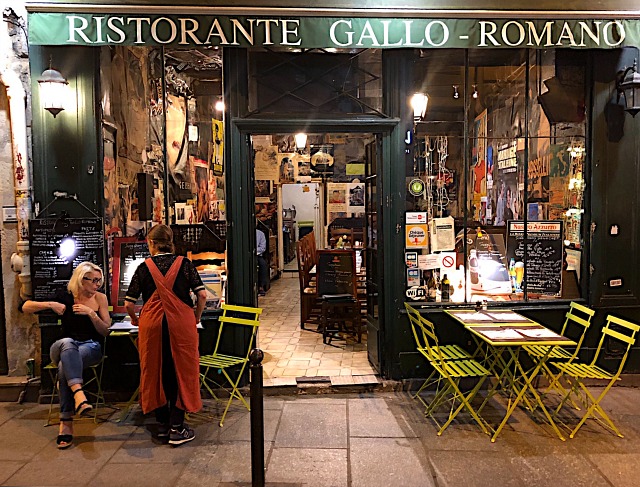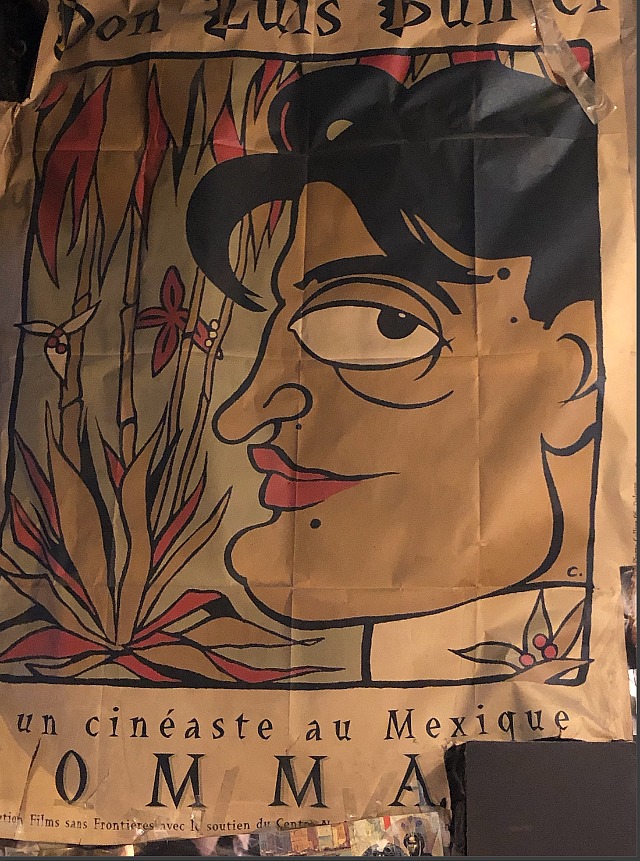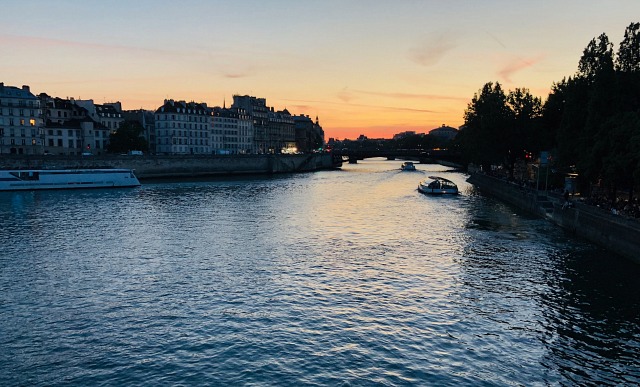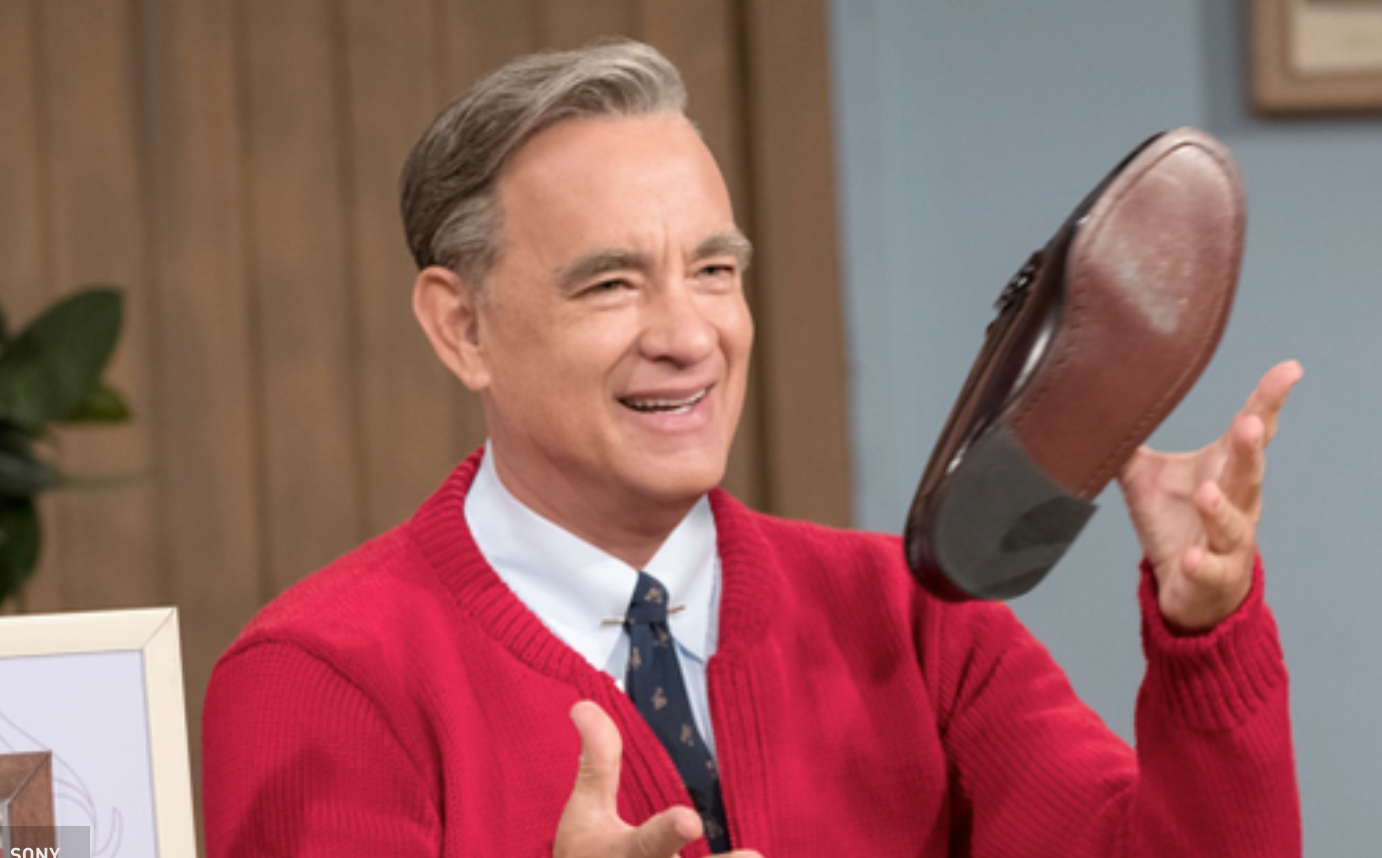You don’t hear a lot of church bells in Los Angeles, on Sunday or any other day. I’m about as religious as Bill Maher, but as I was listening to this 6 pm bell serenade a while ago something inside felt vaguely comforted or perhaps even stirred.
Day: June 1, 2019
“Kitchen” Debate + Echoes of ’70s Manhattan
Producer pally: “I think The Kitchen (Warner Bros., 8.9) looks great. I think Widows was sooo bad. There’s still a big audience for this kind of smart, edgy chick-revenge drama.
“And NYC in the late ’70s? Wow. Punk rock. Soho artist colony downtown exploding. Studio 54 burning down the house. Cocaine and quaaludes. Massive waves of hot Euro immigration. New fabulous restaurant on every corner. Plus serious street crime — watch your back everywhere at night. A fantastic jungle coming back to life. That was 1978. So this looks good. Maybe.”
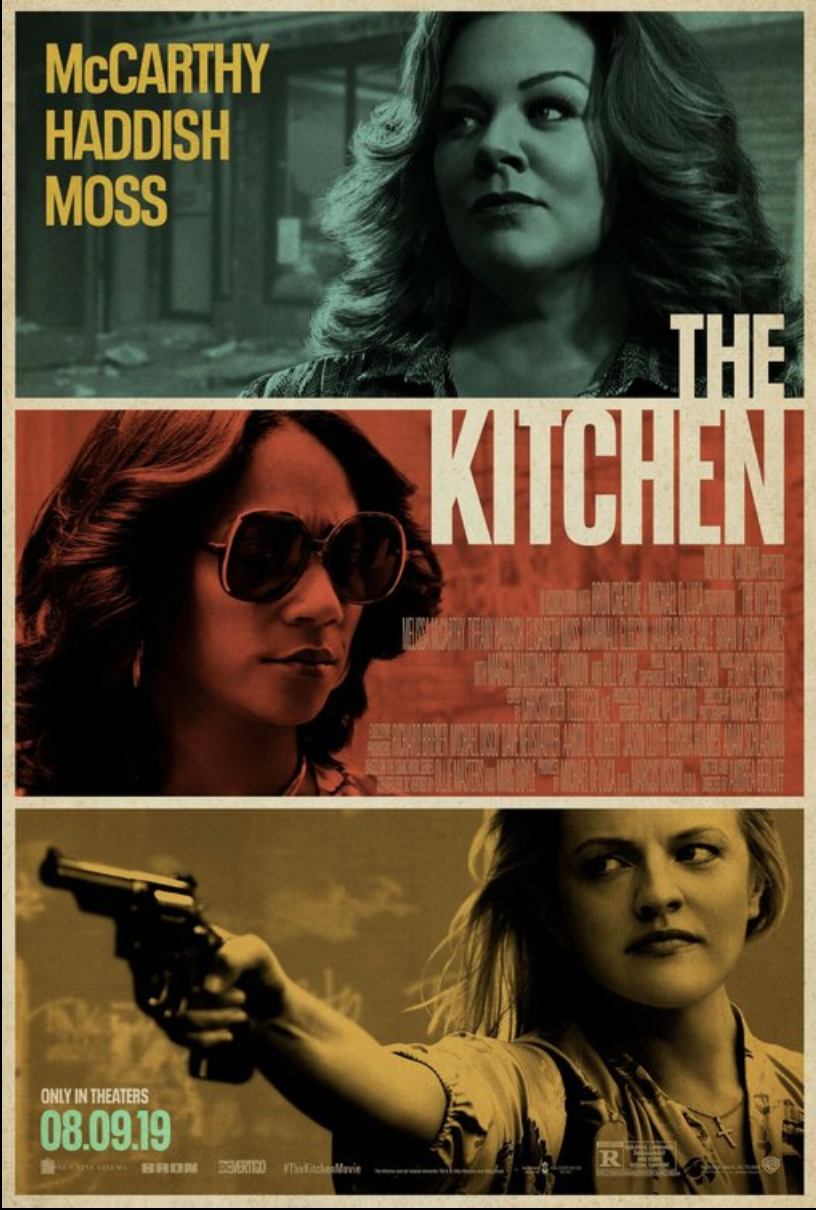
[Click through to full story on HE-plus]
Duvernay’s Urgent, Authentic Testament
Today I began watching Ava Duvernay‘s When They See Us (Netflix), a four-part dramatization of the Central Park jogger case, or more precisely the racist hysteria and grotesque injustice that the case triggered.
I’ve only seen two episodes, but I know a highly realistic, absorbing, triple-A effort when I see one — well written, believably acted and generally humming with honesty, authenticity and the application of high craft.
I can’t say it’s Duvernay’s best narrative feature so far, but it probably is. I decided not to see A Wrinkle To Time (everyone said it was an absolute nightmare) but When They See Us is more complex and highly charged than 2012’s Middle of Nowhere (which I’m a big fan of), and more even-steven and less weighted than the five-year-old Selma (which I was okay with as far as it went)
In line with Ken and Sarah Burns‘ The Central Park Five, Duvernay’s focus is on the wrongful railroading, conviction and imprisonment of five young black dudes — Anton McCray, Kevin Richardson, Raymond Santana, Kharey Wise and Yusef Salaam — over the assault and rape of stockbroker Trisha Meili in a northern region of Manhattan’s Central Park on 4.19.89.
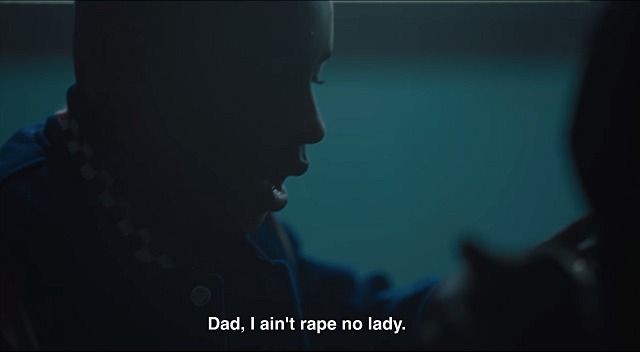
The five defendants didn’t help their situation by offering coerced, wholly imaginary confessions to NYPD detectives. Nor did it help that earlier that evening they were part of a “wilding” gang that had harassed random victims. The bottom line is that the the cops, the Manhattan district attorney’s office, Donald Trump and especially the press all succumbed to varying forms of racist shorthand and unwarranted presumptions.
Despite a lack of hard evidence (the DNA collected at the crime scene didn’t match any of the suspects, and indicated that it had come from a single assailant), questionable testimony and the fact that all five were innocent, they were nonetheless found guilty and went to jail for several years.
After the actual culprit confessed, the five defendants’ convictions were vacated by New York Supreme Court Justice Charles J. Tejada on 12.19.02. The five sued New York City; they were finally awarded $41 million in 2014.
Two years ago I theorized that Duvernay’s film would be facing two major issues, story-wise. As it turns out only one of these remain, at least in my head.
Problem #1: The teens who were unjustly prosecuted and imprisoned put their necks in a noose when they stupidly confessed to the crime during police interrogation. They were coerced, yes, but with the assent of parents and/or guardians. Their apparent motive in confessing was that they were tired and wanted to go home. How do you dramatize this without the audience saying “what the fuck is wrong with these guys…have they ever heard of ‘you can hassle me all you want but I didn’t do it’ or, better yet, ‘I’m not saying anything until I talk to an attorney’?”
Duvernay shows that the five were interrogated half to death and to the point of absolute frenzy and exhaustion by city detectives. I was still having a hard time understanding how they could have been persuaded to invent fake testimony against each other, but I have a better idea now of how intense and punishing the atmosphere was.
Problem #2: Trisha Meili’s decision to jog in the vicinity of 102nd street on a dark road inside the park around 10:30 pm was \flat-out insane. Nobody of any gender or size with a vestige of common sense should’ve jogged in Central Park after dusk back then (and especially in the late ’80s when racial relations were volatile and Manhattan ‘was a completely schizophrenic and divided city’), much less above 96th street. Everybody knows you don’t tempt fate like that. Any kid who’s read Grimm Fairy Tales knows that wolves lurk in the forest at night.
Duvernay basically agrees with this viewpoint, and conveys it by having Manhattan district attorney sex-crimes chief Linda Fairstein (Felicity Huffman) look around the crime scene and say “what the fuck was she doing here?”
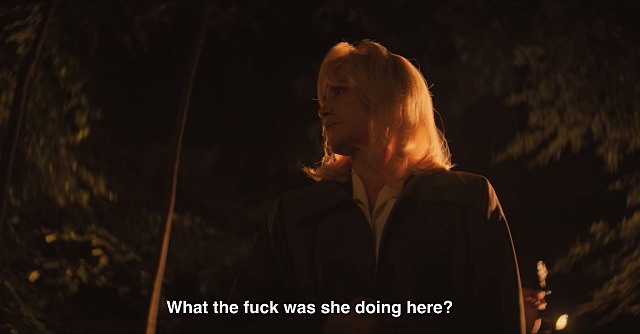
Hanks’ Once-Cold Cards Have Heated Up
In an April ’16 Tom Hanks career assessment piece, I wrote than “once your cards have gone cold, it’s awfully hard to heat them up again.”
I added that “there’s nothing more humiliating than for a man who once held mountains in the palm of his hands having to push his own cart around the supermarket as he buys his own groceries and then, insult to injury, has to wait in line at the checkout counter.”
The piece was triggered by a Hanks quote from a Tribeca Film Festival discussion with John Oliver: “I peaked in the ’90s.”
Hanks had been respectably plugging along since the end of his late ’80s-to-early aughts heyday (The Road to Perdition was his last big score in that run). Holding on, hanging in there. But just a few months after the Oliver chat, his cards began to warm slightly. Then they got hot again.
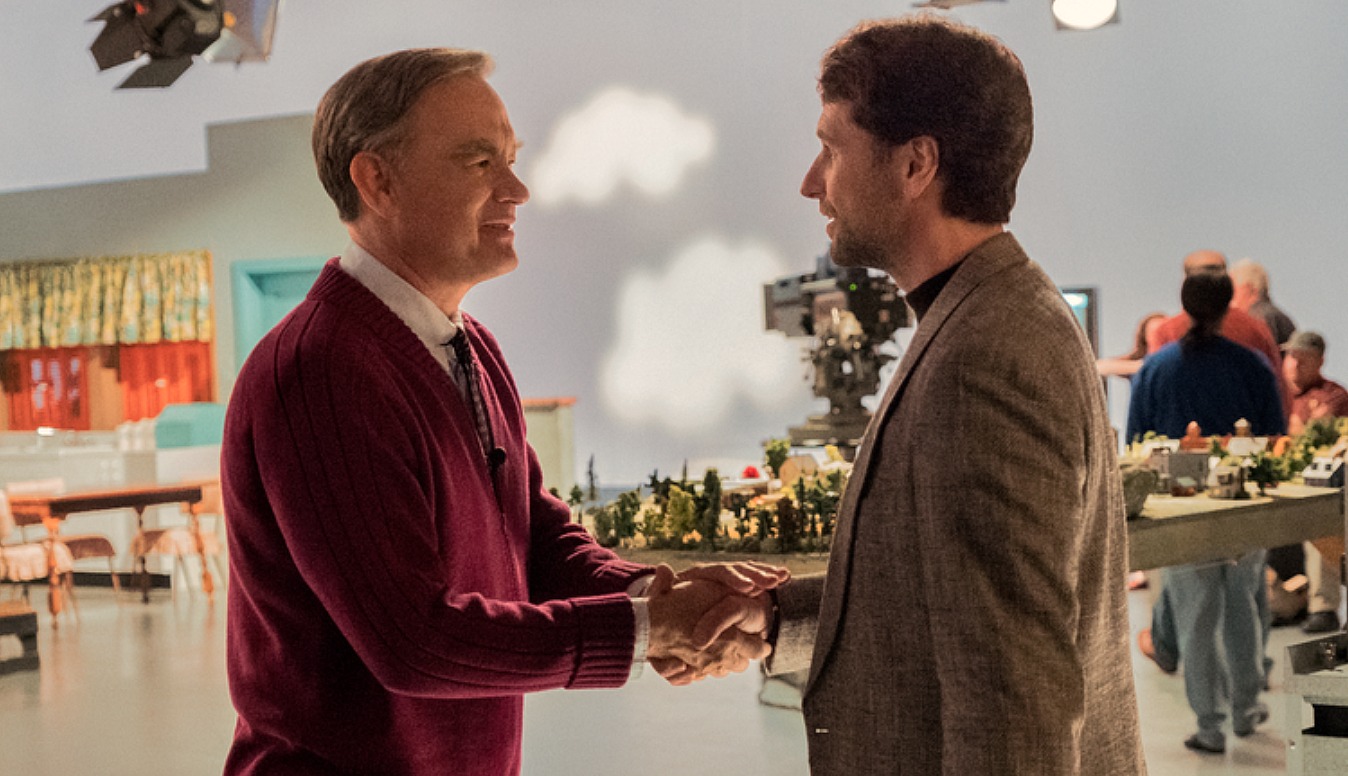
Hanks’ less-is-more performance as the white-haired Chesley Sullenberger in Clint Eastwood‘s Sully was respectfully received; ditto his Ben Bradley in Steven Spielberg‘s The Post. But the strongest indication that his mojo was back came when Hanks improvised his way through a pause in a West Los Angeles performance of William Shakespeare’s Henry IV.
It seems like a fait accompli that Hanks will be be Best Actor-nominated for playing the amiable Fred Rogers in Marielle Heller‘s A Beautiful Day in the Neighborhood (Sony, 11.22).
Six months later Hanks will star as Commander Ernest Krause in Aaron Schneider‘s Greyhound (Sony, 5.8.20), a World War II drama. Later that year he’ll star in Miguel Sapochnik‘s BIOS (Universal, 10.2.20).
Who knows if Hanks will star in Paul Greengrass‘s News of the World, a post-Civil War-era drama, but the project was certainly announced a few months ago.
At some point down the road Hanks will reportedly portray Colonel Tom Parker, the cigar-chomping, straw-hat-wearing hustler who did more to destroy Elvis Presley‘s life and career than anyone besides Elvis himself, in a Baz Luhrman-directed drama.
That’s quite an impressive lineup for a guy whose career had appeared to be in flatline mode only four or five years ago.
Ordinary Kindness
After a leisurely three-hour stroll, Tatyana and I returned late last night to 6 rue des Arquebusiers. Alas, the micro-battery door opener wasn’t working, and I couldn’t find the door code on my iPhone notepad. So I called Gleb, sitting in our fourth-floor residence, for the door code or to otherwise let us in. 15 seconds later a folded piece of parchment flitted down from above. The door code was written on it. We ran into Gleb on our way upstairs and learned that he hadn’t written the note. The author was some English-speaking building resident who had heard me explain the situation, etc. Thanks, neighbor.
